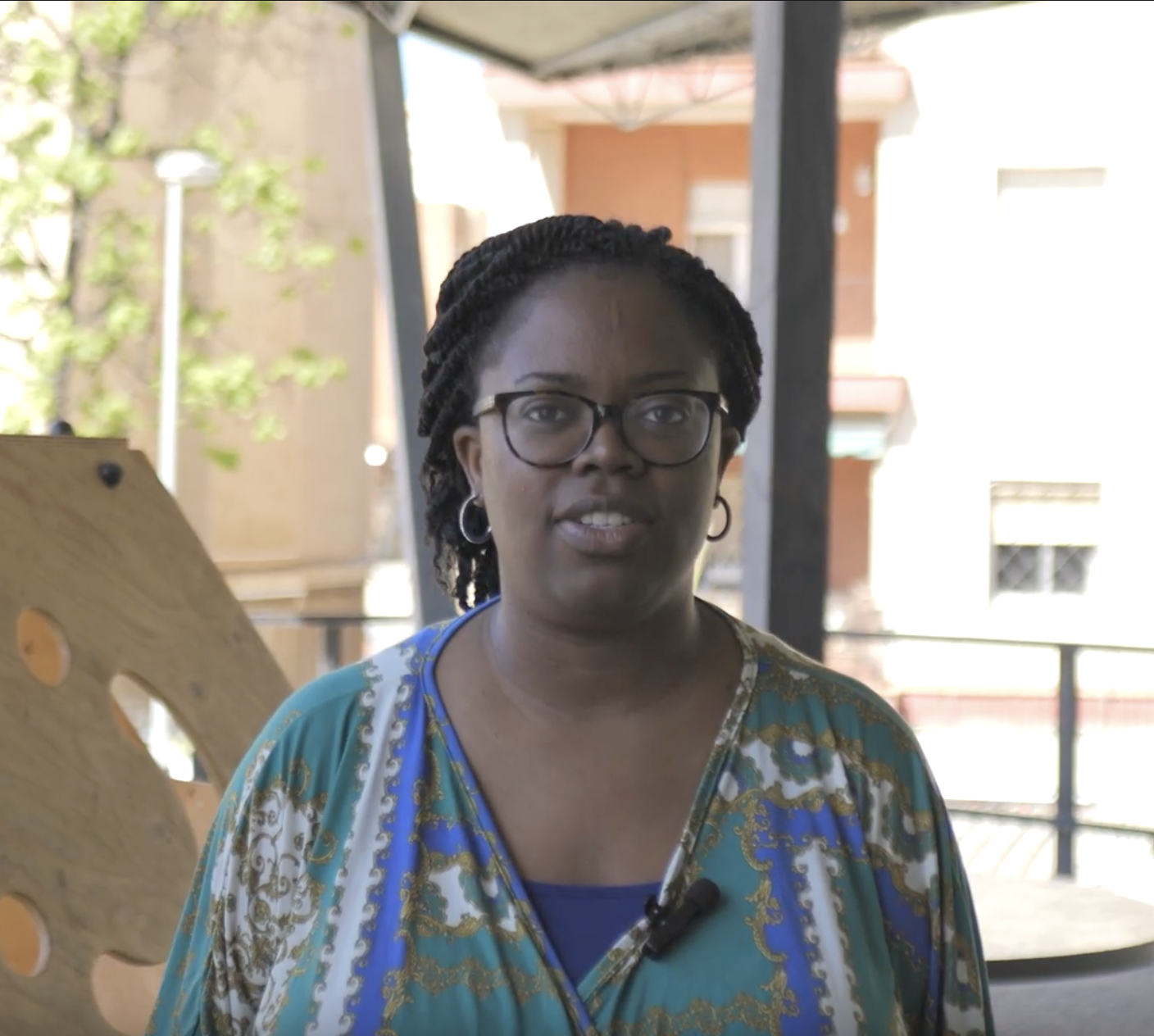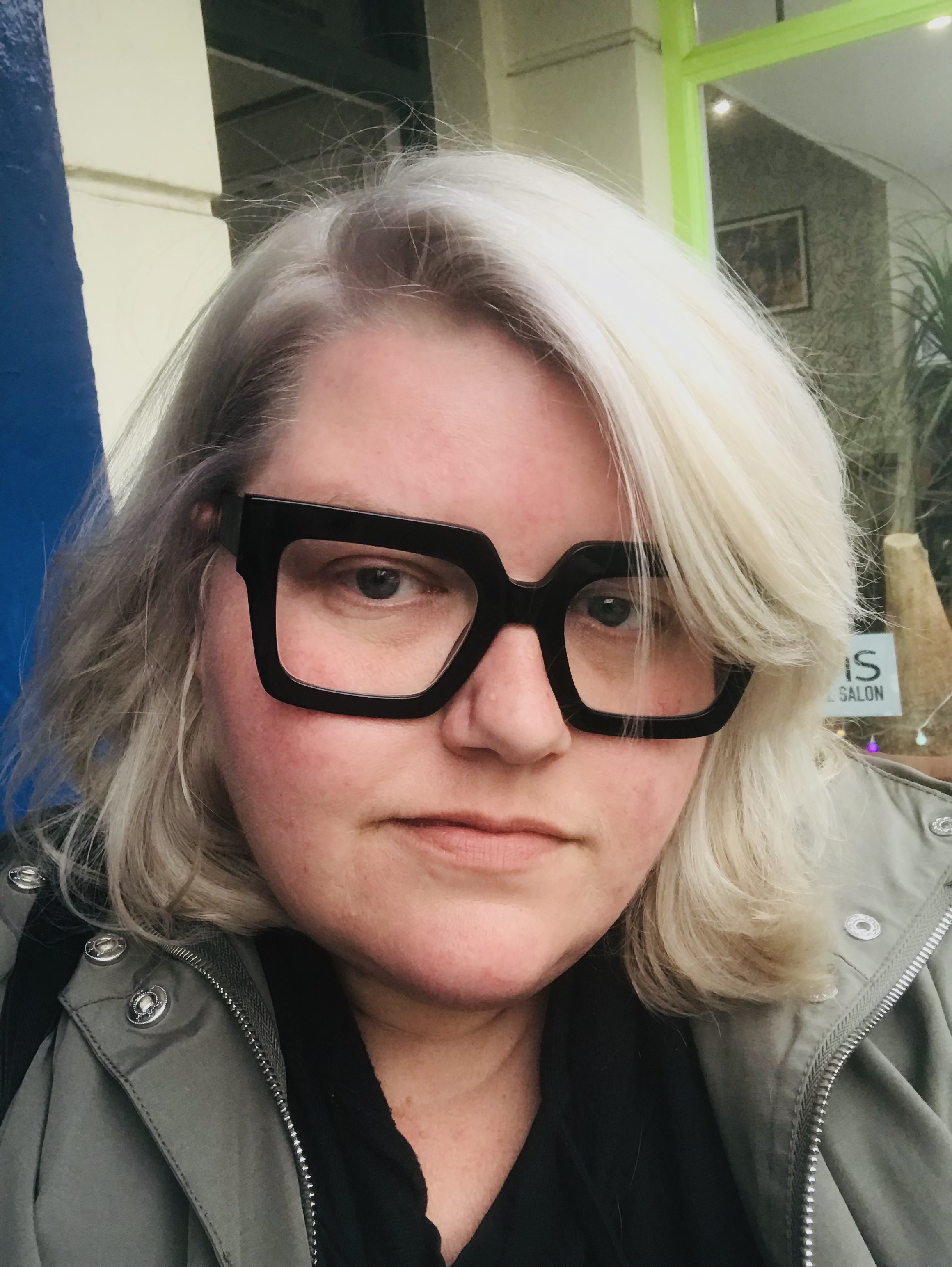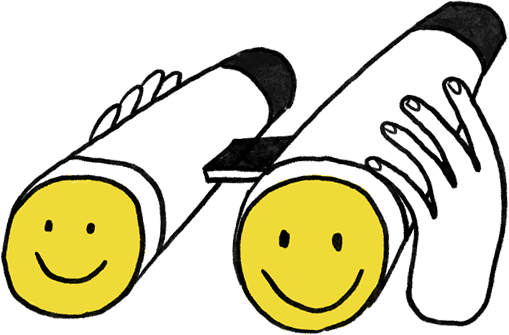Interviews
Dayo Eseonu Bridging Gaps: Dayo Eseonu on Racial Justice, Afrofuturism, and Participatory Research

Dayo Eseonu, a lecturer at Lancaster University, focuses on racial equity and justice through participatory and deliberative processes. She emphasizes the political nature of her work, highlighting the importance of amplifying marginalized voices using critical race theory’s “voice of color.” Utilizing Afrofuturism, she engages communities creatively to envision and design equitable futures. Through projects like working with Rekindle School, Eseonu seeks to address systemic racism in education by directly involving young people in shaping the solutions. She advocates for research ethics that centre collaboration with communities rather than exploiting them.
You define yourself as a racial justice researcher. How can research be politicized?
My research is inherently political because I work with communities that have been historically ignored and continue to be marginalized and excluded from policy making spaces. I use a tenet from critical race theory known as the voice of color, which emphasizes the unique lived experiences of people of color due to their social positioning. My work focuses on gathering these voices and including them in decision-making spaces.
What tools do we have to include these communities as new voices in participatory processes?
One thing I avoid is what’s known as trauma porn or poverty porn, where people are studied as objects. Racially minoritized communities have agency and are already speaking; the issue is that people often don’t listen. I use Afrofuturism as a research philosophy, which involves asking not just about the problems in their lives, but also about their visions for change. This approach uses creative methods. Recently, I have been working with young people using tools like Legos to build their ideal school and zine-making to explore identities and pride in their heritage. These methods help access their lived experiences and their visions for a better world.
What role can deliberative democracy play in addressing complex and polarized issues like climate change or immigration? Can it help bridge differences and find common ground?
There have been lots of examples of citizen assemblies and climate change so it is indeed possible. What I am yet to see is democratic innovations on polarised issues where race/ethnicity/religion form a core part of the discussion on topics like immigration or reparation. I think there is potential for carefully curated spaces and facilitators with expertise in identifying and mitigating against epistemic harms and injustices.
Do you think Afrofuturism is a good perspective or method to work against polarization?
That’s an interesting question. How are you defining polarization? Can you work against polarization that some might refer to as culture wars? To be fair, I’ve only used Afrofuturism with racially minoritized communities, like young people. I think we’ve had one or two young white people, but I haven’t used it as a bridge between different communities. For people who aim to change the world and be true allies to racially minoritized communities, why not? But that’s not something I’ve done so far. However, it may have potential because it involves telling the story of past injustices of slavery and colonialism to help people understand the present legacies of these histories and imagine a future free of racial injustice.
You mentioned Afrofuturism as a method for public service design. Can you elaborate?
My colleague, Florence Okoye, and I co-wrote a paper on this topic. She works in service design, and we explored how public services can sometimes replicate racial inequalities. The article discusses how racially minoritized communities are perceived in the service design process. They’re often seen as objects or stereotypes rather than people with agency. Afrofuturism can change these narratives and challenge how service users are seen by introducing their own words, knowledge, and experiences. This disrupts racialized stereotypes and unhelpful narratives, which is crucial when designing new services.
If you start with a biased view, you limit the possibilities for effective service design.
For example, I was working with a group of employment support service providers creating a persona of a racially minoritized person. They relied on societal stereotypes, depicting an 18-year-old Pakistani young person with no aspirations. This limited their ability to design a service that dealt with one of the root causes of unemployment for racially minoritized people, racism. If you start with a biased view, you limit the possibilities for effective service design.
Positive discrimination is a key tool to promote equal opportunities and the positive freedom of historically disadvantaged groups, but is it fair to treat certain population groups differently? Doesn’t this conflict with our idea of representative democracy? How would positive discrimination be applied to deliberative processes?
In the UK, we have positive action rather than positive discrimination, but I don’t know other European contexts. For example in a recruitment context, we do everything we can to make people aware of job opportunities but appoint the best person for the job rather than appoint a racially minoritized person solely on their race.
Equity demands that we provide differential treatment based on historical injustices rather than treating everyone the same if we really want to move to a more just society.
The problem with representative democracy is that minorities will only have a minority say when many of the issues negatively impact on them disproportionately. Equity demands that we provide differential treatment based on historical injustices rather than treating everyone the same if we really want to move to a more just society. There is a more philosophical answer to this that I don’t have.
In a deliberative setting, if we select an “impartial” sample of society, marginalized voices may still remain minority. How do we ensure that the legitimate interests of an underrepresented group are effectively connected with and addressed alongside the interests of the majority?
We take positive action and overrepresent them in this sample so that their experiences are not seen as a peripheral issue but become a key part of the discussion. My argument is that the representation criteria should be about those most affected by the issue rather than just an impartial sample of society.
Tell us more about your real experience with participatory processes involving young people. What has been the outcome?
I’m currently working with an amazing school called Rekindle School, based in Manchester, which plans to expand across the UK and potentially beyond. In this project, I work with mostly Black young people to understand their experiences of racism in the UK education system. They share heartbreaking stories about their teachers not believing them or other students making fun of their hair, among other issues. My research aims to understand these experiences and then ask the students what changes they want to see to challenge racism in schools and education.
You work with concepts, narratives, and qualitative data. How do you visualize these results?
I’m currently grappling with this. I’ve used many creative methods with young people, resulting in artifacts, audio, and video. Visualizing this data is a challenge. One approach I’m taking is turning it into a board game. I’m also hoping to have an exhibition with audio, artifacts, and stories created by participants in a future project. This way, policymakers can see and listen to the materials rather than just reading a report. Another idea I’m considering is using political theater, specifically the Theatre of the Oppressed.
What’s your role in the INSPIRE project as a researcher in projects aimed at changing or enhancing democratic participation?
For me, the role of the researcher involves understanding the “why” behind the project, particularly if with racially minoritized communities. Why are you doing it, and why should you be the one to do it? My motivation is to use the resources and expertise available to me in a university setting to serve the communities I work with, producing knowledge that can support the democratic participation of communities in decisions that matter to them. My goal is not to center my own research agenda but to collaborate with communities to understand their needs and support their goals. As an academic, I have certain privileges, and I aim to use them in service to the community.
There’s a concept called scholar activism, which involves using one’s resources to support the communities you work with. I learn a lot from these communities, including their negative experiences with researchers who take their knowledge and leave without giving back. I strive to be relational and avoid extractivism by ensuring my research supports the individuals and organizations involved.
For students interested in future research, what questions should they ask themselves?
They should ask, “Why should I do this project?” and “How will I center the experiences of the communities I’m working with?”. These questions are crucial for conducting meaningful and respectful research.


